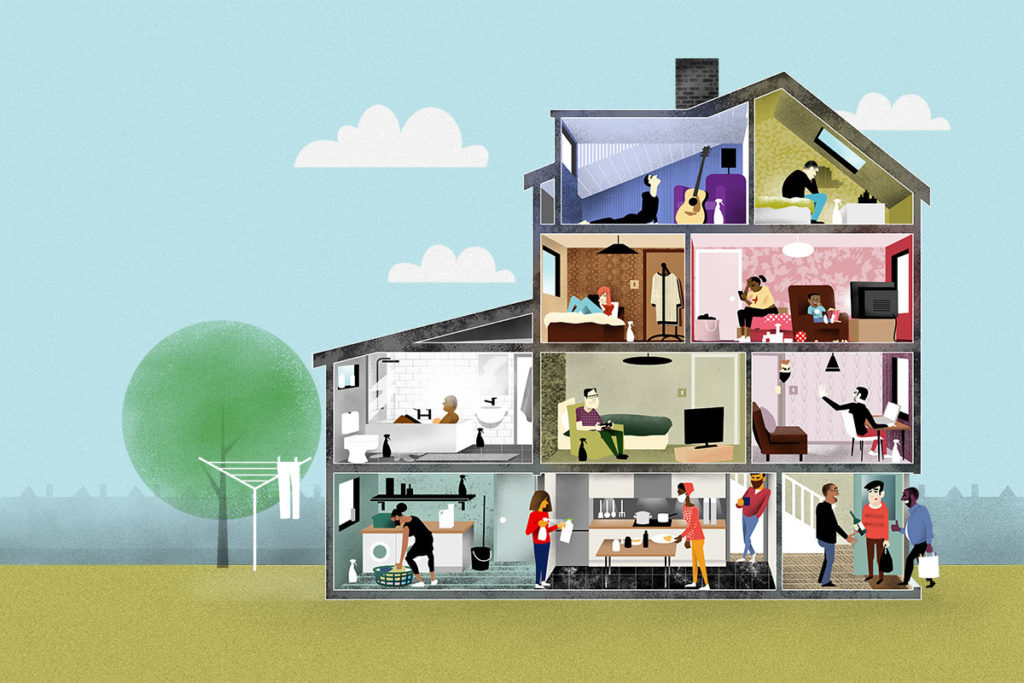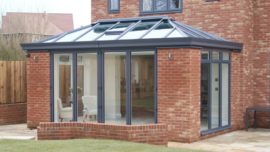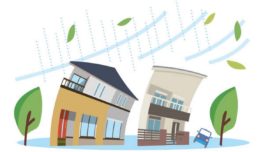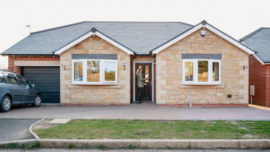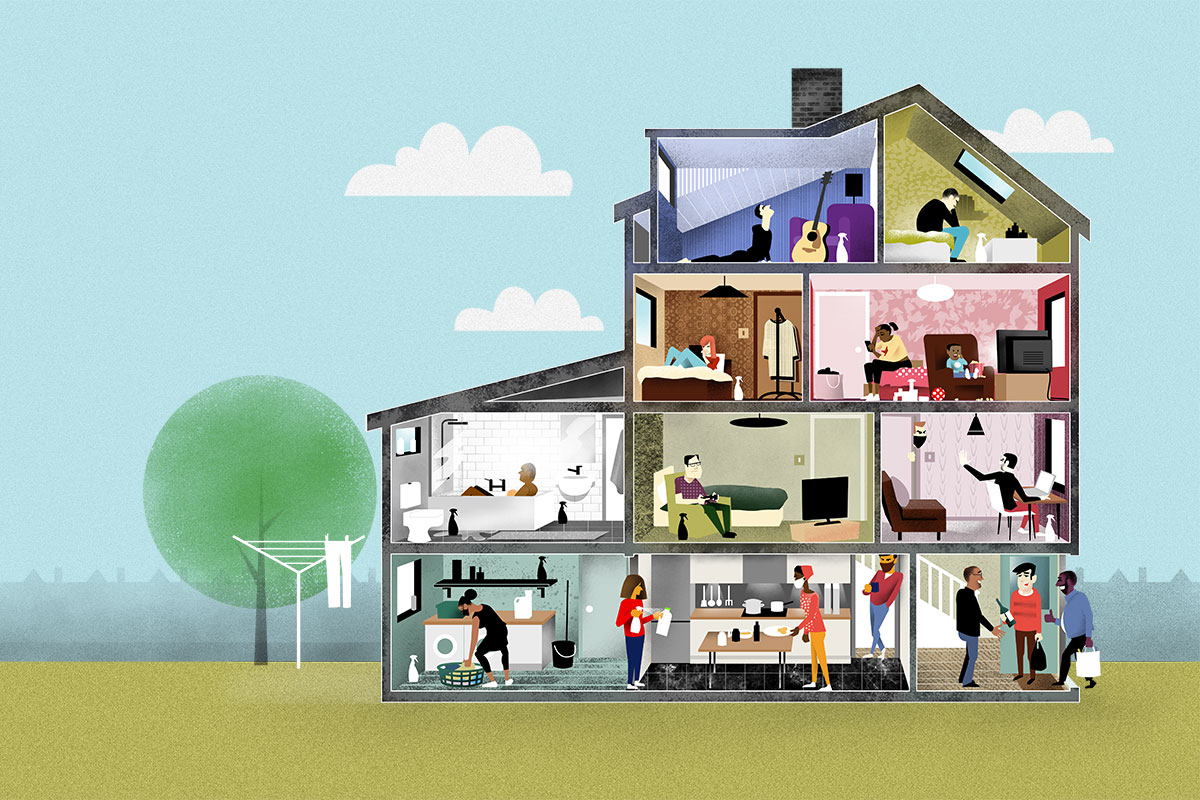
All that you should know about becoming an HMO landlord.
Some landlords choose to convert their properties into HMOs (house in multiple occupation). This is because landlords find this an efficient way to run a rental home. An HMO is a term that refers to residential properties that are rented out by at least 3 people who are not from the same household. However, they share facilities like the bathroom, kitchen, and living rooms.
HMO licence –
Becoming an HMO landlord might require you to apply for a house with multiple occupation licences. You must have a licence if you’re renting out a large HMO. Your property is defined as a large HMO if the following apply:
- It is rented to 5 or more people who form more than 1 household.
- Some or all tenants share toilet, bathroom, or kitchen facilities.
- At least 1 tenant pays rent.
The licence is valid for a maximum of 5 years. However, you would also need a separate licence for every HMO property that you own.
Conditions a landlord must follow –
- The house is suitable for the number of occupants. – It is often advised to have 5 tenants or more in each house. This is so the tenants can successfully spread the costs of electricity, gas, water, and council tax sufficiently to create a healthy profit. Although the number of tenants you have depends on the size and number of bedrooms of the property.
- The landlord or manager of the house must be considered fit and proper. For example, having a criminal record or breach of landlord laws.
Landlord responsibility-
The council has to carry out a housing health and safety rating system risk assessment within 5 years for getting a licence.
You need to:
- Send the council an updated gas safety certificate every year.
- Install and maintain smoke alarms and carbon monoxide alarms
- Provide safety certificates for all electrical appliances.
If the inspector finds any unacceptable risks during the assessment, you must carry out work to eliminate them.
You will have to pay income tax on your rental income, minus your day-to-day running expenses. And also, class 2 national insurance if the work you do renting out a property counts as running a business.
Reporting changes –
It is important to let the council know if there are any changes. These changes might include:
- Your tenants make changes
- You make any changes to the HMO
- Your tenants’ circumstances change. For example, if they have a child.
